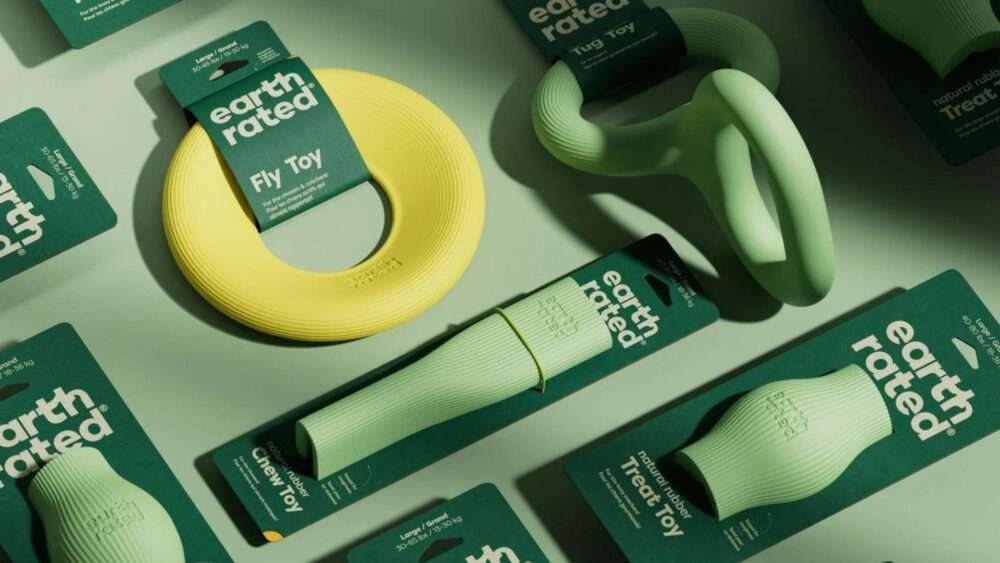Night Sky House / Peter Stutchbury Architecture







Text description provided by the architects. The most recent recipient of the highest residential award for architecture in Australia – The Robin Boyd Award 2021. (the Australian Institute of Architects did not award the Robin Boyd Award in 2022).




To try to summarise this house is virtually impossible. Walking into the space for the first time is difficult to describe. It feels ancient and modern at the same time. The references are so varied, “it feels like a church, a castle, a railway arch, a middle eastern grain store”. The commissioning client was inspired by a 19th-century ammunition bunker he once saw in Romania built of raw brick with arches. The architect references work by Le Corbusier in India. However, it is distinctly a singular design. The key architectural feature is the parabolic vaulted ceiling, a self-supporting structure made of recycled bricks having a 3.5m long by 2.5m wide elliptical retractable skylight that is unglazed and tilted 20 degrees to the south to gaze at the stars.


The commissioning client, astronomer, and engineer, Basil Borun asked award-winning architect Peter Stutchbury to take him to the stars without leaving his living room.



Finding the location of the skylight in an unusual soaring roof, 7.5m at its apex. It is a parabolic vault, a self-supporting structure made of recycled bricks, many of which were picked by Mr. Borun. Diagnosed with Type 2 diabetes, Basil was wheelchair bound and therefore the design has to be truly accessible.



It took trial and error to find the right size and spot for the skylight so Mr. Borun could see his favorite constellations in the Milky Way, including Pavo. Peter Stutchbury Architecture’s project designer Fernanda Cabral and builder Mark Tan held cut-outs of prototypes of the skylight up against the sky until Mr. Borun was satisfied. The wheelchair had a tolerance of 10mm, therefore no step could be larger than 10mm. The house was designed so Mr. Borun could go from his car to anywhere in his house with a single turn of the wheelchair. The rooms were designed off a long, wide hallway with sliding doors.


Built of bricks, recycled when an apartment building in western Sydney was demolished. The vaulted room is reminiscent of a cathedral yet feels embracing and welcoming rather than imposing. And of a domestic scale, albeit an extraordinarily voluminous one.


Mr. Stutchbury said rarely was a project more considerate of the night than day. “We have put skylights in a building but not in such a prophetic and highly considered way.”

The Sustainability features include:
- Designed to last beyond 120 years.
- 48 photovoltaic panels.
- 15.5 kW of power gen, 34 kW of storage.
- Electric vehicle charging x2.
- 60,000 liters filtered rainwater tank.
- Evacuated tubes for solar hot water.
- Hydronic in-floor heating.
- Low-toxic finishes and fittings.
- Low-energy lighting.
- Low-water gardens.
- Recycled double-brick and insulated walls provide thermal mass to absorb and release heat.
- The oculus is central to the dwelling’s passive heating and cooling system, enabling two-way ventilation.





